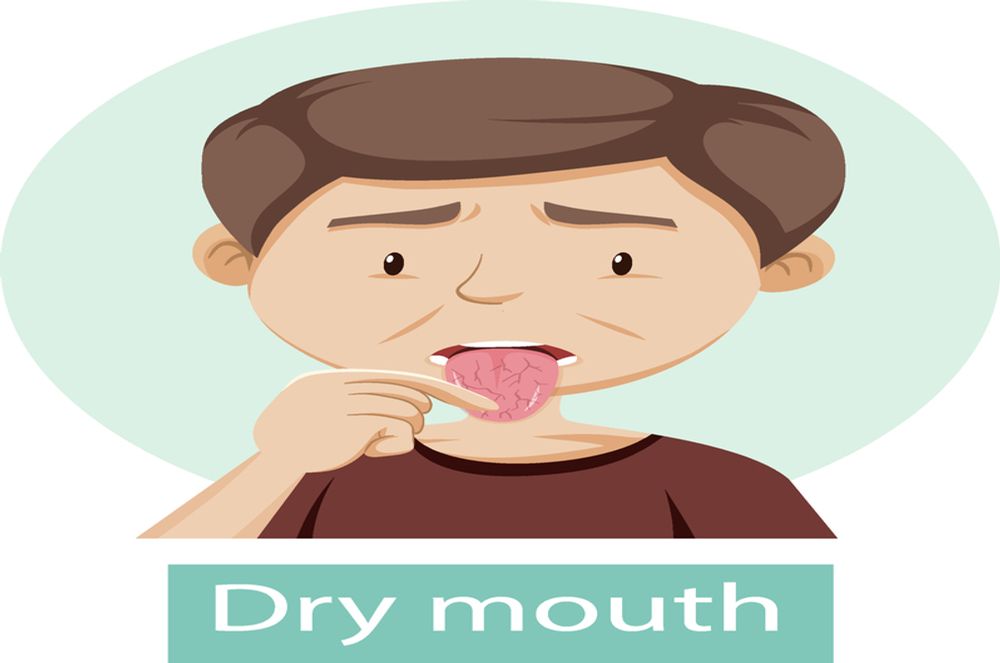Diarrhea in babies and young children

Children are especially vulnerable to dehydration and diarrhea. According to the CDC, diarrhea and its complications cause 1 out of 9 child deaths each year, the second most common cause of death for children under the age of 5.
If you see any of these symptoms of dehydration, call your child’s doctor or seek emergency treatment.
- Decrease in urination
- Mouth dry
- Headache
- Fatigue
- Crying without tears
- Dry skin
- Sunken eyes
- Sunken fontanel
- Sleepiness
- Irritability
Seek care right away
Diarrhea can cause severe dehydration, which can be deadly. The condition can also indicate a more serious issue.
Adults
Those experiencing any of the following symptoms should see a doctor immediately:
- Diarrhea lasting longer than 2 days
- A temperature of 102 degrees or higher
- Vomiting frequently
- Loose stools six or more times in 24 hours
- Severe pain in the rectum or abdomen
- Black or tarry stools or stools that contain blood or pus
- Dehydration symptoms
Dehydration symptoms in adults include:
- Lack of energy and tiredness
- Appetite loss
- Nausea
- Lightheaded feeling
- Dizziness
- Tongue that feels dry
- Sunken eyes
- Cramped muscles
- Heartbeats are rapid
A doctor should also be consulted if diarrhea affects elderly persons or adults with weakened immune systems or with other problems.
Young Children, Infants, and Toddlers
Parents or caregivers of infants, toddlers, or young children with diarrhea, who experience the following symptoms should seek medical care immediately:
- Diarrhea that lasts more than a day
- A temperature of 102 degrees or higher
- A severe abdominal or rectal pain
- Blood or pus in the stool
- Black and tarry stools
- Dehydration symptoms
Signs of dehydration in children can include:
- Drowsiness or irritability
- Frequent urination
- Skin that is pale or mottled
- Cold feet and hands
- Feeling increasingly unwell or looking ill
